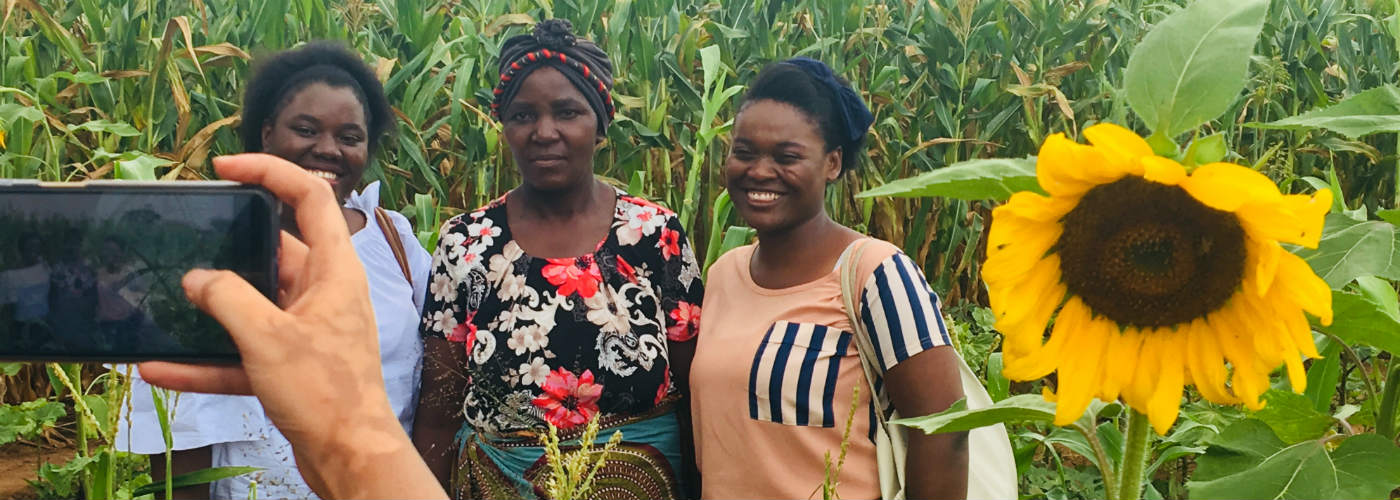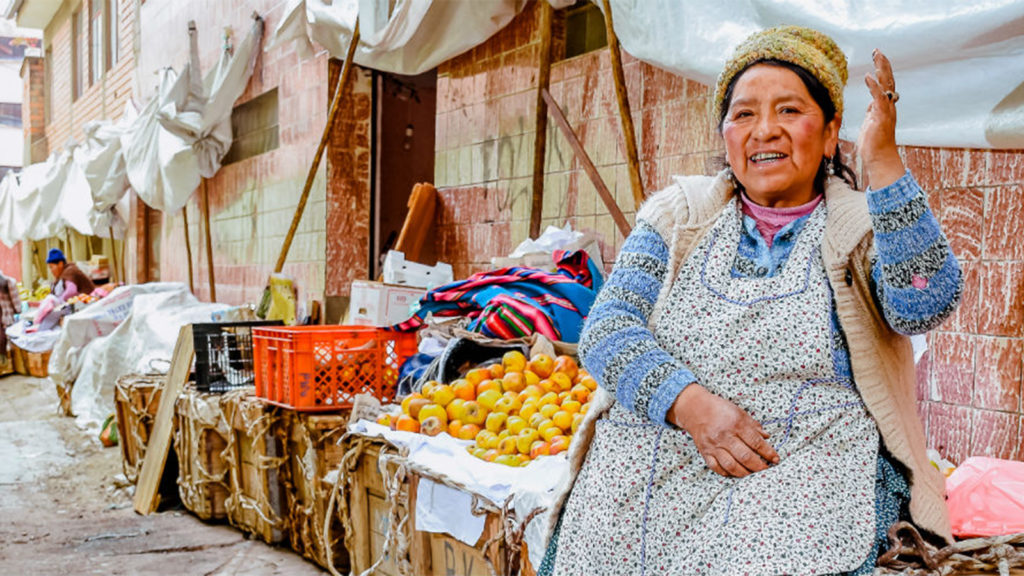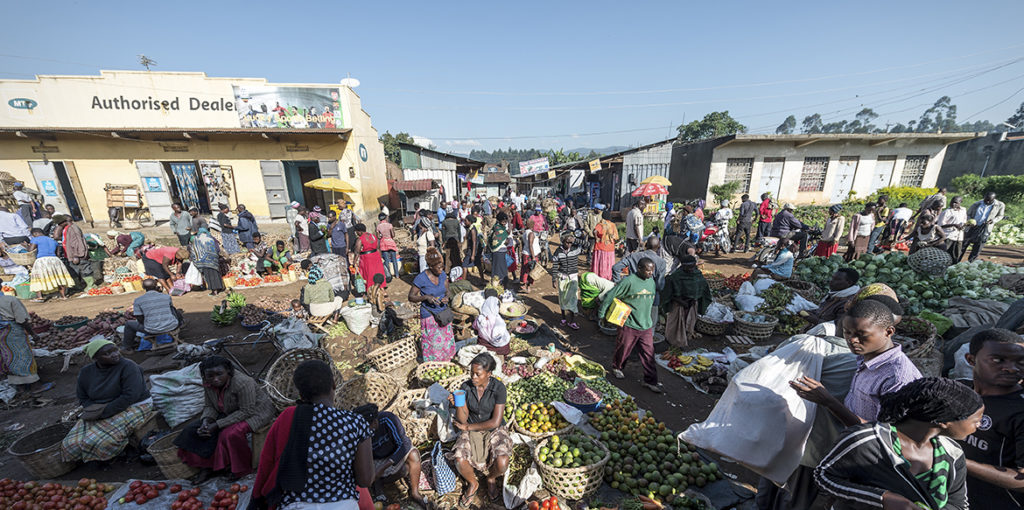“The Zambian Government is committed to the reduction of stunting among Zambian children by half by 2030,” stated the Zambian minister of agriculture, Hon. Michael Katambo, in his video message at the Global Citizen Live event in Berlin on May 21, 2019.
He promised to put agriculture at the center of the government’s plans for nutrition and economic development. He also committed to take a multisector approach that will prioritize all forms of stunting and malnutrition, especially among children. The government wants to achieve an annual spending threshold of 40 dollars per child aged under five.
Sustainable Diets for All in Zambia
Since 2016, Hivos in Zambia has been implementing the Sustainable Diets for All program. Among others, it aims at reducing the widespread dominance of maize in Zambian diets, which drastically limits food diversity to the detriment of people’s health – especially children. So this commitment comes as great news to Hivos and our partners and allies in ending mono-cropping in Zambia.
The latest Zambia Demographic Health Survey notes stunting affects 35 percent of children under the age of five. Eighty-eight percent of these children have no access to minimally acceptable diets. According to the National Food and Nutrition Commission (NFNC), one of the major reasons for this malnutrition is the Zambian “mono diet” largely dependent on “Nshima” – a porridge made from finely ground maize.
Lobby and advocacy works
The minister of agriculture’s announcement comes on the heels of a number of targeted lobby and advocacy efforts of ours to increase the diversity of the Zambian diet. It is clear that the current minister’s commitment is a follow-up on what the previous minister of agriculture, Hon. Dora Siliya, said in our widely-viewed Life beyond maize video: “I don’t want to be the minister of maize, I want to be the minister of agriculture.”
Another effort was our campaign with Global Citizen and our sustainable diets partner, the Civil Society Organizations Scaling Up Nutrition (CSO-SUN), which capitalized on several key moments. For example, Hon. Michael Katambo officiated at our World Food Day 2018 a dinner event, where he made known that his government had heard the calls for it to take a leadership role in addressing malnutrition.
Citizen’s voices are essential
In this campaign, Hivos and our partners also made sure that citizens’ voices were heard and their stories told. We launched a petition at an event we hosted with Global Citizen where we heard from youth representatives and the Member of Parliament (MP) for Kapiri Mposhi Constituency, Hon Stanley Kakubo. And Hivos went on a “sensing” visit to rural Kanakatampa to understand the challenges in agriculture faced by local people. There, a woman farmer named Veronica Phiri told us she was not included among the season’s Farmer Input Support Program (FISP) beneficiaries and had had to resort to selling her livestock to meet other needs. The drought in her area compounded the situation. We brought cases like these to the minister’s attention in our calls for government action to address the food and nutrition challenges originating in the agricultural sector.
A woman in the middle of #agriculture challenges, drought & pests. Some pests looking beautiful for the eye but deadly to crops! Where will our food come from, #AmaiVero of JayVillage asks #womenday2019 pic.twitter.com/FUboBbBuVN
— William Chilufya (@wchilufya) March 7, 2019
Hivos further documented the voices of women in agriculture for International Women’s Day, through a radio documentary.
We staying tuned!
We therefore greatly welcome the government’s commitment and applaud each and every Zambian who added their voice to make this come about. It will go a long way in ensuring sustainable diets for all in Zambia. The SD4ALL program is keen to see the Zambian government follow through on these commitments and will pay close attention to the next steps it takes.



